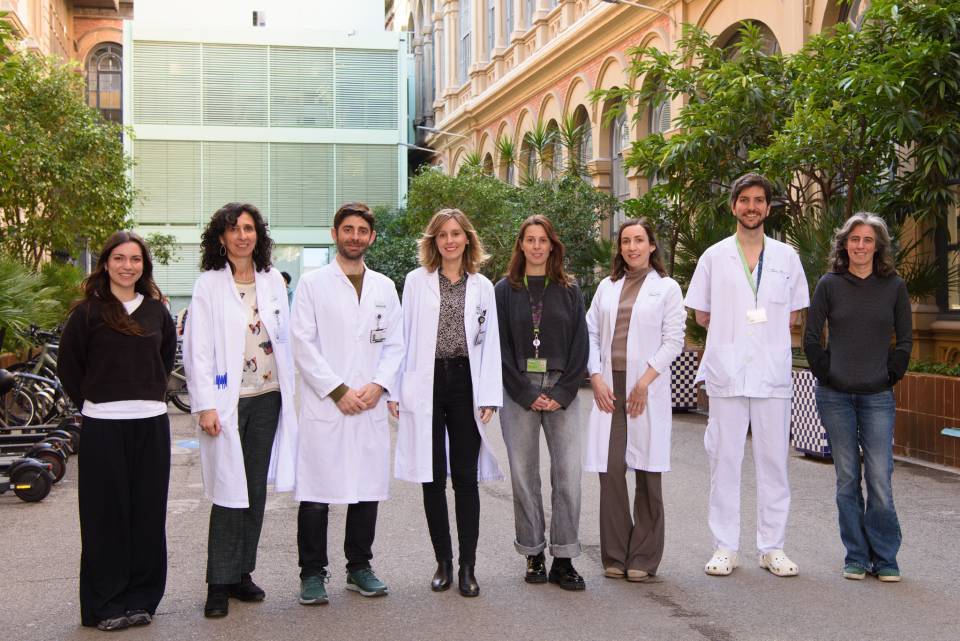A drug used to treat diabetes has been shown to improve the prognosis of patients with aortic stenosis undergoing transcatheter aortic valve implantation (TAVI). The drug, dapagliflozin, reduced the rate of death or admission for heart failure according to the results of a clinical trial conducted in 1,250 patients. The study has been published in The New England Journal of Medicine.
Cardiovascular diseases are the main cause of mortality and healthcare costs worldwide. Heart valve diseases are particularly problematic, especially aortic valve stenosis, whose prevalence increases with the ageing of the population. Between 3% and 5% of people over 75 in Europe and Spain are estimated to suffer from this condition, which is equivalent to approximately 8 million people in the world.
Aortic stenosis is a degenerative disease that progresses slowly, reducing the opening through which the heart pumps blood to the rest of the body. This causes the heart muscle to work harder, which can lead to heart failure, angina pectoris or even sudden death due to malignant arrhythmias.
This pathology has traditionally been treated with valvular replacement through cardiac surgery. However, the surgical risk is high in elderly patients, which limits access to it.
As explained by Ander Regueiro, a researcher in the IDIBAPS research group Atherosclerosis coronary disease and heart failure and a cardiologist at Hospital Clínic Barcelona, a less invasive procedure called transcatheter aortic valve implantation (TAVI) has been developed in recent years that implants a new valve through a catheter, avoiding major surgery. This technique has extended the life expectancy of many elderly patients. However, they do continue to present a high risk of heart failure due to the wear suffered by their heart.
SGLT2 inhibitors such as dapagliflozin and empagliflozin were developed as antidiabetics, but their effectiveness in heart failure has made them essential for treating it. However, even though patients with aortic stenosis frequently go on to develop heart failure, they have often been excluded from clinical trials with SGLT2 inhibitors. In addition, elderly patients have always been underrepresented in these trials. This is why the research team decided to conduct a clinical trial in this specific population.
Half the participants received dapagliflozin after TAVI, whilst the other half received standard treatment. After one year of follow-up, the results showed a significant reduction in mortality and hospital admissions due to heart failure in the group treated with dapagliflozin.
Regueiro indicates that DapaTAVI is a milestone in cardiovascular research and could change the treatment of aortic stenosis in elderly patients worldwide.




